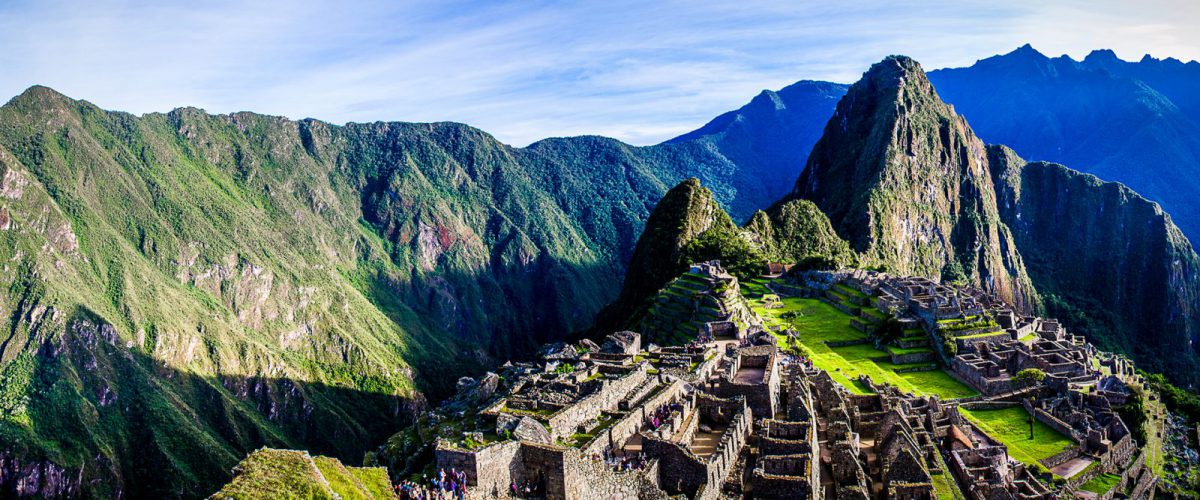Peru is a popular destination for holidaymakers, in particular those who like to experience the Inca trail. Before travelling there though, you should ensure your vaccinations from the childhood immunisation schedule are complete, and you may need others besides these. During your appointment it is highly recommended to speak to the Travel Vaccination Clinic about the following:
- Where in Peru you plan to stay and visit – and for how long
- Your general state of health before travelling
- Any history of disease you are aware of
- The style of travel and accommodation you are planning; whether you will be doing organised tours, camping, hiking or staying in hotels or 5 star accommodation etc.
If you are not up to date with all of your childhood vaccines, or are unsure, the Travel Vaccination Clinic doctor can administer a booster shot if needed.

